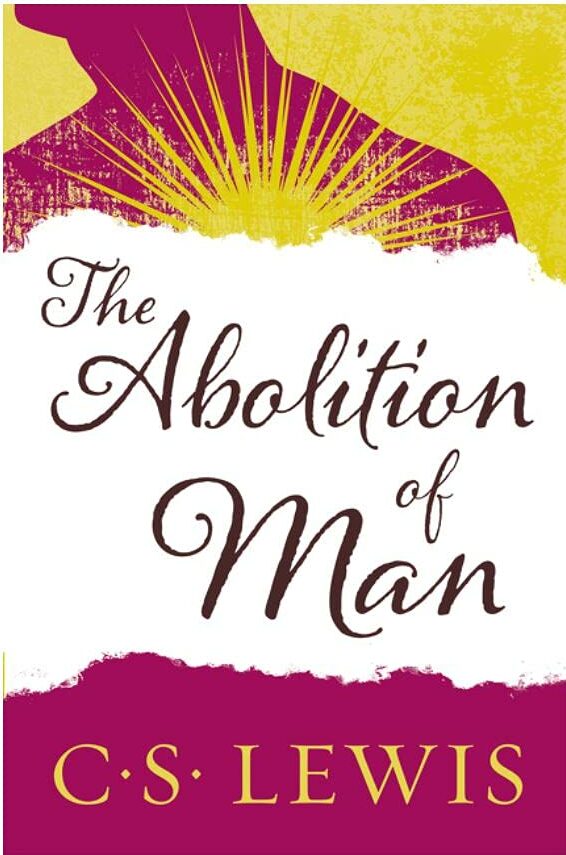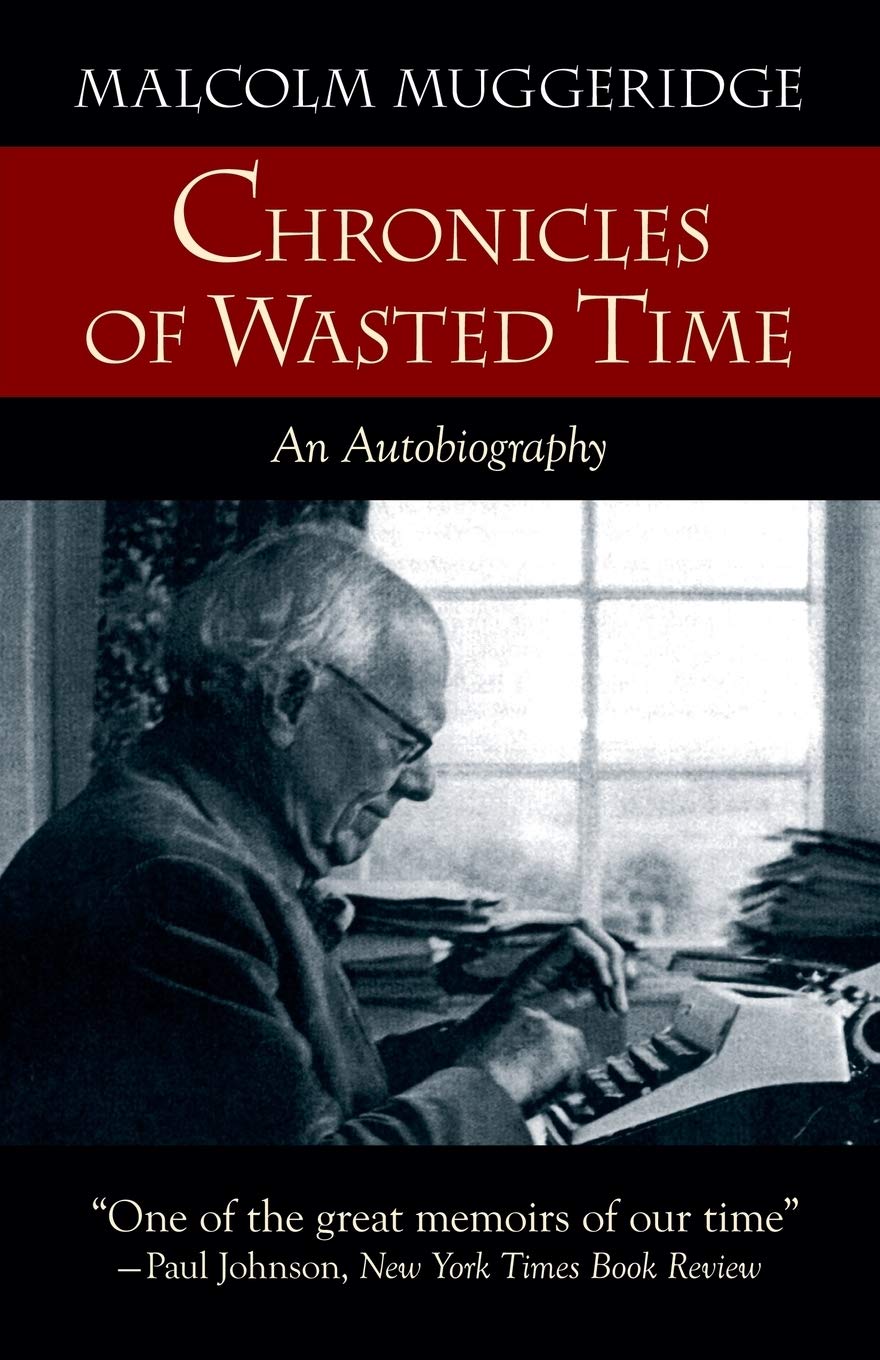Last Tuesday, in his first White House appearance in five years, former President Obama referred to Joe Biden as “Vice President Biden.” That was supposedly “a joke,” but Biden wasn’t laughing. Literally, nobody wanted to talk to the Delaware Democrat. For his part, the former president touted the 12th anniversary of the Affordable Care Act (ACA), also known as Obamacare. That invites a review.
After reading a new book, C.S. Lewis advised, it was a good idea to pick up an old one. As readers should know, two of the best old books have made a comeback in a single volume. Chronicles of Wasted Time, by Malcolm Muggeridge, first emerged in The Green Stick (1972) and The Infernal Grove, in 1973. Regent College Publishing has now combined the volumes, which speak to many current issues, including events in Ukraine.
Muggeridge studied natural science at Cambridge University but made his mark in journalism as the Moscow correspondent of The Guardian. In 1932, he heard rumors of a forced famine in Ukraine and went to have a look for himself. Muggeridge witnessed starving families begging in the streets and the Soviet secret police herding people into railroad cars. While this went on, Walter Duranty of The New York Times wrote that there was no famine and all was well in Ukraine, which he knew was false. Muggeridge called him the worst liar he had met in all his years in journalism.
You know, we are at an inflection point. I believe, in the world economy — not just the world economy, in the world. It occurs every three or four generations. As one of — as one of the top military people said to me in a secure meeting the other day, 60 — 60 million people died between 1900 and 1946. And since then, we’ve established a liberal world order, and that hadn’t happened in a long while. A lot of people dying, but nowhere near the chaos. And now is a time when things are shifting. We’re going to — there’s going to be a new world order out there, and we’ve got to lead it. And we’ve got to unite the rest of the free world in doing it.
 A friend encouraged me to read The Abolition of Man by C.S. Lewis (1898–1963). Here follow passages from it. The book is very short. It was published in 1943. National Review ranked it 7th of the 100 Best Non-Fiction Books of the 20th century. The Intercollegiate Studies Institute ranked it 2nd of the best books of the 20th century. David Theroux has written a valuable essay showing that Lewis opposed the governmentalization of social affairs.
A friend encouraged me to read The Abolition of Man by C.S. Lewis (1898–1963). Here follow passages from it. The book is very short. It was published in 1943. National Review ranked it 7th of the 100 Best Non-Fiction Books of the 20th century. The Intercollegiate Studies Institute ranked it 2nd of the best books of the 20th century. David Theroux has written a valuable essay showing that Lewis opposed the governmentalization of social affairs.
In four of the quotations, Lewis speaks of “the Tao.” By that he means something like the universe, including its moral order, or perhaps the notion of a morally ordered universe. In one quotation he speaks of “The Green Book,” meaning The Control of Language: A Critical Approach to Reading and Writing, by Alexander King and Martin Ketley, published in 1939; Lewis hated the book, which was used in British schools. Each quotation is followed by a page citation to the Signature Classics presentation of The Abolition of Man.
In case you missed it, President Biden signed a $1.5 trillion spending bill on March 15, 2022. But that price tag is not what makes the bill stand out. What makes the bill stand out is what it represents: the failure of Washington D.C. politicians to follow their own requirements for passing a budget.
Oscar producer Will Packer wanted to make the 94th Academy Awards memorable. A lot was riding on his ability to resuscitate the iconic awards show. But he certainly didn’t bargain for an unscripted, on-air physical assault by one of the world’s wealthiest and most powerful entertainers—actor, producer, and rapper Will Smith. In addition to tarnishing one of the most glamorous and feel-good events in pop culture, Smith’s unchecked rage will likely reverberate well beyond Hollywood.
President Biden has recently proposed a “billionaire tax” to make billionaires “pay their fair share” in taxes. Reading the fine print, the tax would actually apply to people whose net worth is greater than $100 million. Most people who would be subject to the tax are not billionaires.
As Evan Symon reports in the California Globe, Assemblyman Chris Ward, San Diego Democrat, has authored a bill to “massively tax house flippers and speculators who buy and sell a house within three years.” Assembly Bill 1771, the California Housing Speculation Act, would impose a 25 percent tax on all net capital gains from selling or exchanging homes or properties within three years of purchase.
One notable aspect of the war in Ukraine is that it is being fought entirely on Ukrainian soil. Russia has attacked Ukraine, but Ukraine has not launched a counter-attack. It’s easy to understand why. Ukraine is using 100% of its military capacity to defend itself, (and asking others to contribute to that capacity) while Russia is using only a limited amount of its capacity. Suppose Ukraine were to try to attack Russia. In that case, there is little doubt that Russia would substantially escalate its attack on Ukraine.
Meanwhile, Western nations stand on the sideline, with some economic sanctions and some supplies of military hardware, cautious of getting too involved, which might provoke a Russian escalation outside Ukraine’s boundaries.
During a recent press conference in Brussels, Joe Biden discussed a coming food shortage that is “gonna be real.” Biden said the sanctions he slapped on Russia would be “imposed upon an awful lot of countries as well, including European countries and our country as well.” Embattled Americans have grounds to be skeptical.






